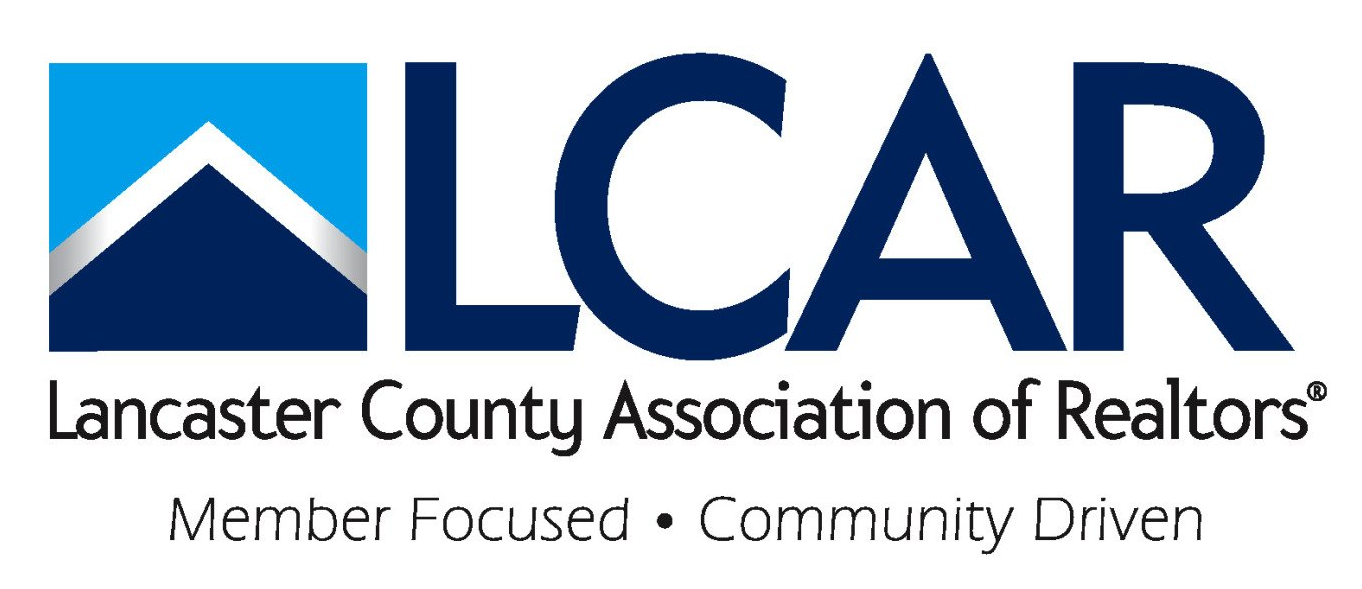Tortious Interference

Tortious interference. No, this isn’t about turtles derailing your real estate transaction. Although considering how unpredictable real estate can be, I’m sure that threat is never zero percent. Instead, what I’m referring to is the legal term in which a third party intentionally disrupts or interferes with an existing agreement or business relationship between two other parties - specifically with the intent to cause harm or gain an unfair advantage. Real estate transactions are complex and often involve various parties working together to achieve their goals. Tortious interference in real estate refers to actions taken by an individual or entity that hinder or obstruct a real estate transaction between a buyer and a seller, a landlord and a tenant, or any other parties involved in a real estate deal, such as a mortgage lender, title company, etc. Some example of Tortious interference include:
- A real estate agent intentionally providing false information about a property to a potential buyer, knowing that the buyer is in negotiations with another agent. The false information causes the buyer to back out of the existing contract, resulting in financial loss for the seller.
- A real estate agent interfering with another agent's exclusive listing agreement by contacting the property owner directly and convincing them to terminate the existing agreement or alter it in some way, such as changing the commission rate, expiration date with the listing broker, etc.
- A mortgage broker, with knowledge of an existing mortgage contract, intentionally convincing a lender to deny financing to a borrower, causing the borrower to default on the purchase of a property.
So what are the potential consequences if a party is found guilty of Tortious interference? Depending on the jurisdiction, potential remedies can include
- •Compensatory damages: The plaintiff may be entitled to recover financial losses resulting from the interference.
- Injunctive relief: A court may issue an injunction to prevent the defendant from continuing the interference and to maintain the status quo until the matter is resolved.
- Punitive damages: In certain cases, where the defendant's conduct is particularly malicious or egregious, the court may award punitive damages to punish the wrongdoer and deter similar conduct in the future.
These are just a few examples. What is and isn’t considered Tortious interference, as well as what a court can impose on a guilty party can vary by jurisdiction, and this article is not meant to be a legal guide on its ins and outs. For more detail, you should inquire with a legal representative. But in general, Tortious interference serves as a legal safeguard to protect contractual business relationships from intentional and unjust interference.
While it may not be a very common occurrence in your everyday business dealings, it is something to be aware of. Even if it’s not intentional, interfering with a contract agreement or business relationship between two other parties could be considered Tortious interference depending on the situation. If you believe a third party has committed Tortious interference, you should seek legal guidance immediately. If you believe a turtle is interfering with your business dealings, well, then you might have bigger problems on your hand.
The information provided in this article is for general information purposes only and is not intended to be legal advice. The article may not reflect the most current legal developments. Facts, opinions and information expressed in the Blog represent the work of the author and are believed to be accurate, but are not guaranteed. The Lancaster County Association of Realtors is not liable for any potential errors, omissions or outdated information. If errors are noted within a post, please notify the Association. Posts represent the author's opinion and are not necessarily the opinion of the Association.












